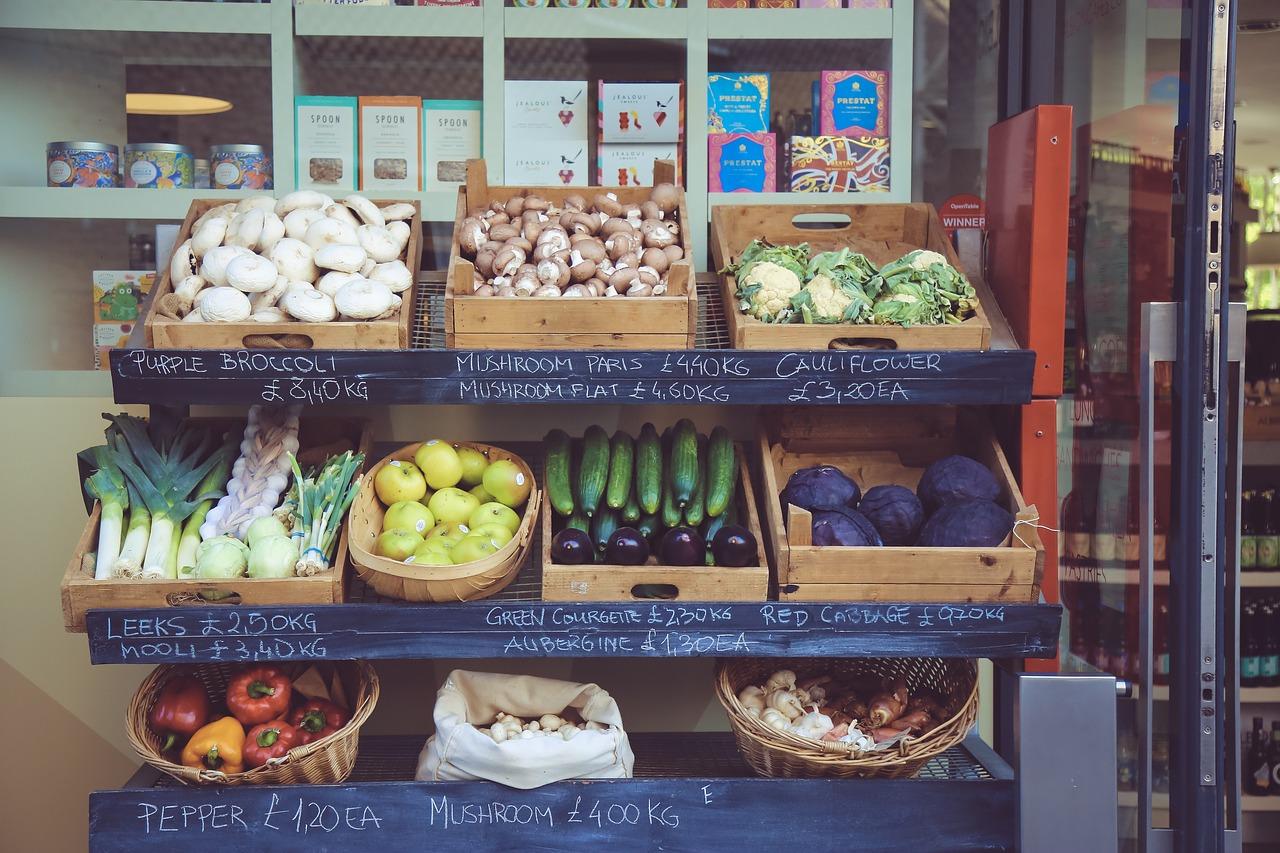
Ethical purchasing in the UK is estimated to have reached £83.3bn ($105.5bn, €92.2bn) a year.
The figures reveal a “remarkable increase” between 2016 and last year in a range of the 27 retail sectors covered by a research report from Ethical Consumer, an independent, non-profit, multi-stakeholder co-operative based in Manchester.
One prime area was the ethical food and drink market, whose value leapt by 16.3 per cent last year, representing its biggest increase since 2012.
Various trends contributed to this rise. For example, two thirds of the research respondents said that in the past year environmental and animal welfare principles determined their dietary decisions. One result was that sustainable fish sales surged by 30 per cent.
The increase in the value of the ethical clothing market was put at 19.9 per cent. Within that sector purchases of second-hand clothing were said to have risen 22.5 per cent. It appears significant that customers gave environmental reasons for their choice.
However, green energy was the area with the greatest growth. The researchers recorded an “astonishing” 56.3 per cent increase.
Across all the sectors, studied separately by the international market research group YouGov, more than a quarter of respondents said they had avoided buying and using certain products and services because they compromised the environment, 65 per cent more than during the previous year.
Interestingly, a high proportion of customers making these ethical choices were younger people. Altogether 34 per cent were aged 18 to 24, and 29 per cent were in the 25-34 bracket.
An accompanying trend found by Ethical Consumer was a 14.5 per cent rise in sales of vegetarian goods. Of the respondents, 11 per cent said they were vegetarian and three per cent vegan, respective increases of 52 and 153 per cent.
Rob Harrison, the director of Ethical Consumer, said: “There’s a growing awareness of the impact that our personal choices at the shops has on the environment.
“It’s no coincidence that we’ve seen such sharp increases in sales of ethical products and services.
“Over the last two years communities across the UK have experienced first-hand the terrible impact of changing weather patterns, as well as witnessing devastation across the globe.
“Environmentally conscious consumers concerned about climate change are now choosing to use green energy, opting for suppliers that can guarantee they will be accessing power from renewable sources – whilst the exposure of the harm caused by micro-plastics entering our oceans has highlighted to people the problems caused by fast fashion and single-use plastics, with everything from carrier bags, straws and coffee cups widely regarded as damaging.
“This is a huge moment and we should encourage more consideration of the impact of what we use and how to ensure we can live more sustainably.”
Cathryn Higgs, the Co-op group’s head of food policy, said: “It is clear that ethics not only matters but is driving a shift in consumer spending, from a thirst for Fairtrade wine, which reported a rise in sales of almost one third, to jackfruit products, which are predicted to soar in popularity among vegans and meat-eaters alike as awareness of this lesser known meat substituting fruit grows.”
On a less reassuring note the Ethical Consumer report regrets that changes in taxation and government subsidies have caused a collapse in sales of solar panels and energy-efficient cars.
Harrison urges action to reverse the decline to protect the environment: “These big-ticket items like cars and solar panels clearly still need the support of government to help consumers who want to play their part in a more sustainable way of life in the UK.”














